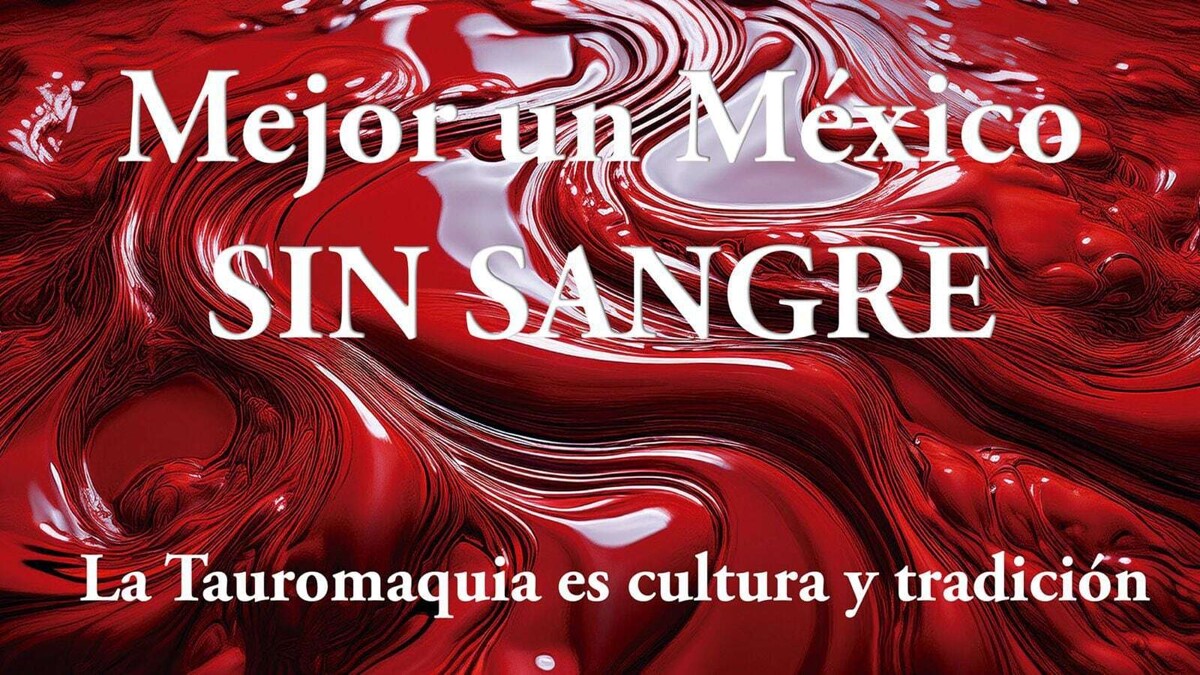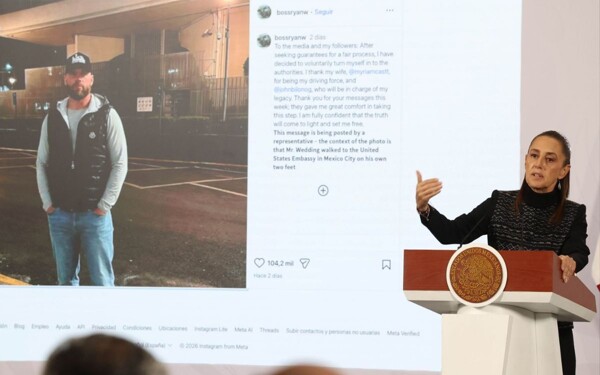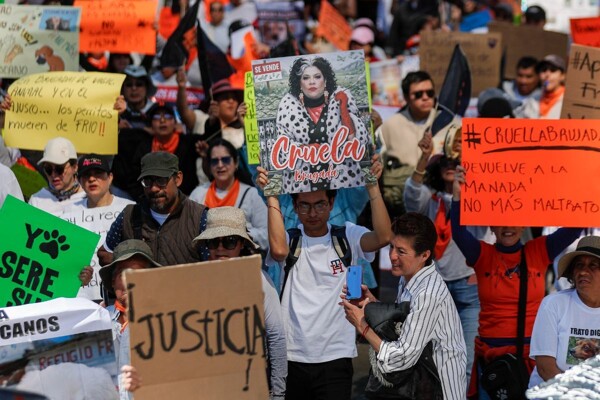
In Mexico, defenders of bullfighting argue that activists advocating for the prohibition of bullfights are a minority compared to the majority of Mexicans who appreciate and live according to the values rooted in this tradition. Bullfighting goes beyond the fight of a bull in the ring and its death in the arena; it is a fusion of Hispanic culture with indigenous culture that has characterized Mexican society for centuries.
There is a sentiment that, despite the different eras and governments Mexico has had, there has always been a lack of true commitment to the well-being of the population. Corruption has been a constant threat and citizens have come to accept it as something normal in everyday life. It is evident that the security situation in the country, fueled by organized crime, is much more concerning than bullfighting.
In this context, the recent approval of the prohibition of bullfighting in Mexico City has generated controversy and concern among the sectors that defend this tradition. The decision is perceived as part of a trend toward the prohibition of certain activities, without truly addressing the needs and desires of the majority of the population.
Bullfighting, in addition to being a cultural spectacle, represents a source of employment for thousands of people in Mexico. The prohibition of bullfighting not only affects the bullfighters but also a network of workers related to this activity. At the same time, the presence of political parties like the Green Party has been criticized for their opportunistic and opaque actions on various issues, including legislation on bullfighting.
From a broader perspective, the lack of political will to address the structural problems affecting Mexican society is criticized. Issues such as insecurity, corruption, the lack of efficient public services, and the environmental crisis require concrete actions and a real commitment from the authorities.
In this scenario, the approval of the prohibition of bullfighting is seen as another step towards restrictive measures that could affect other cultural expressions and traditions in the country. For many defenders of bullfighting, this decision represents an attack on an important part of Mexican identity and history.













